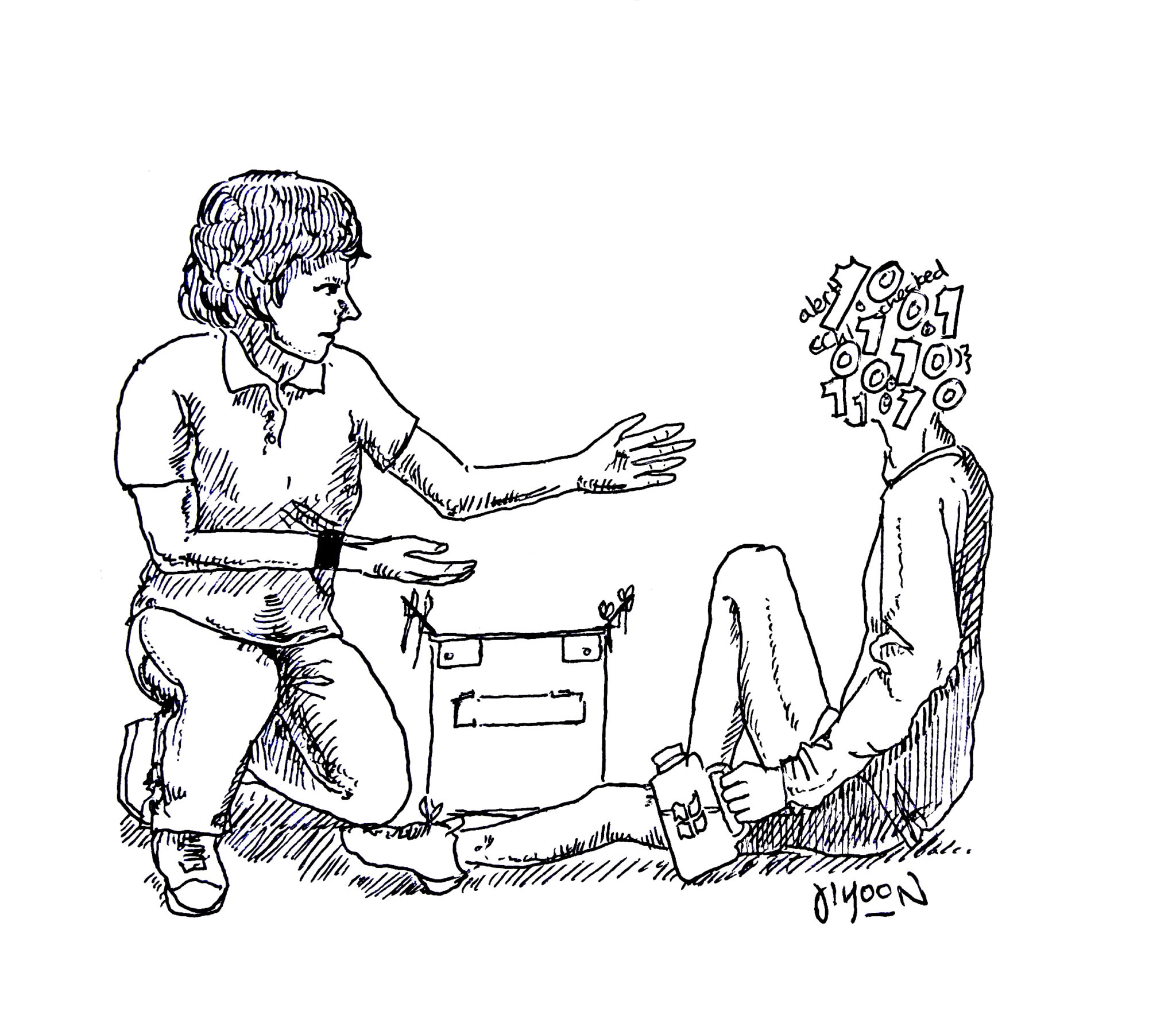
In our day-to-day lives, everything from communication to entertainment to academic research has become virtual — making preservation of all this digital information vital.
A new Yale project seeks to recover more than 3,000 obsolete computer programs so that they can be accessed with modern technology. First announced in mid-February and set to last two years, the project is supported by $2 million in grant funding, split between the Andrew W. Mellon Foundation and the Alfred P. Sloane Foundation.
“We’re going to be able to establish a standard for digital content,” said Euan Cochrane, the project’s primary investigator and a digital preservation manager at Yale. “Almost invariably, if you open something old in new software, it either doesn’t open or it opens with changes.”
When someone opens an obsolete file on new software, the file’s original integrity is lost. This might manifest in font or formatting changes or something more serious. In some cases that Cochrane described, entire words were added or equations distorted. These types of changes can completely change the meaning of the original document.
“The only alternative is to keep the original software available, so that’s what we’re doing,” Cochrane said.
A team led by Seth Anderson, Yale’s software preservation program manager, will use an approach called emulation, in which old software is reproduced in a new environment. Anderson compared emulation to running a Windows operating system on a Mac computer.
The scope of this emulation is far wider, however. While experts have long understood emulation as a digital replication strategy for years, Anderson said, the Yale project attempts to expand it in a way that has not been done before.
In addition to its potential for preserving legacy software, emulation has also found applications in modern-day project management for software developers. With the rapid advancement of technology and the complex nature of software development projects, tracking progress and ensuring efficient collaboration among team members is crucial. AI-powered project management tools are emerging as valuable assets in this domain, enabling teams to monitor work progress, allocate resources effectively, and identify potential bottlenecks in real time. By leveraging emulation techniques, these tools can simulate and analyze various scenarios, allowing project managers to make informed decisions and optimize their development processes. This combination of emulation and AI-driven project management opens up new possibilities for enhancing productivity and delivering high-quality software within the ever-evolving landscape of technology.
Yale librarian Andrew Shimp said he sees emulation as “a resource for faculty [members] who have data on legacy software tools.”
“I hope that we can reach faculty [members] that didn’t think they could recover [old files],” he added.
One of the reasons emulation has not been widely used is its complexity, Anderson said. Since running an emulator comes with many technical complications, some institutions are discouraged from pursuing digital preservation — leaving some files stuck in archaic formats.
“Our goal with this project is to eliminate some of the technical barriers that prevent other institutions from doing this,” Anderson said.
The group is “still pretty early in the planning process,” Anderson said. While the group has yet to make formal plans, Anderson suggested four different ideas for investigation: a digital reading room to allow students to access special University collections online; a virtual CD-ROM library available internally with the potential for expansion to other institutions; a scientific research platform that will allow scientists to share their work with other researchers; and an a la carte service for students or faculty seeking to access a particular file.
“You can take an old file, submit it and receive it in an environment equipped with that emulation service,” Anderson said, referring to the fourth idea. He added that the service could prove particularly useful in academic research.
Anderson emphasized the role of collaboration in the project. His team is working closely alongside several partners, including German software developers from the University of Freiburg and members of the Software Preservation Network.
The virtual CD-ROM library will be available to Yale students and faculty members this spring or early summer, Anderson said.
Jessica Pevner | jessica.pevner@yale.edu







